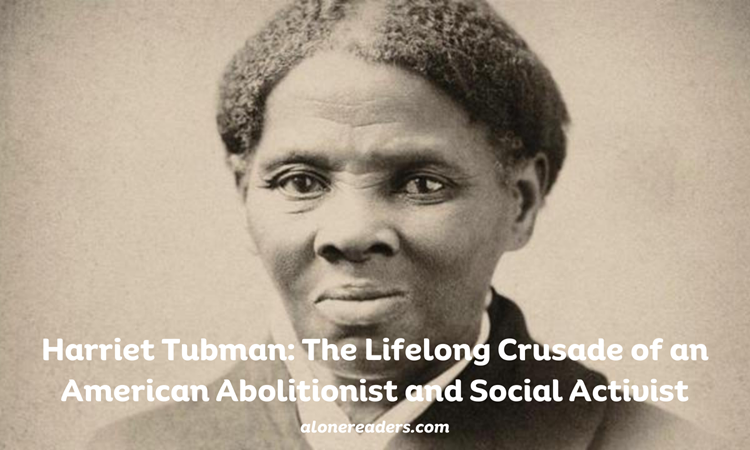
Harriet Tubman's name is synonymous with courage, freedom, and the relentless pursuit of equality. Born into slavery in Dorchester County, Maryland, around 1820, Tubman would emerge as one of the most iconic figures in American history. Her life is a testament to the power of resilience and the indomitable human spirit in the face of inhumane conditions and systemic oppression.
Born Araminta Ross, she was nicknamed "Minty" before she married and changed her first name to Harriet. The exact date of her birth is unknown, as records for enslaved people were not consistently kept. The conditions of her early life were harsh; she endured the brutality of slavery, including physical violence that would cause her lifelong pain and health issues. Despite these challenges, Tubman's spirit remained unbroken, and she harbored a deep yearning for freedom.
In 1849, Tubman made a perilous journey to freedom. She utilized the network known as the Underground Railroad, a clandestine system of safe houses and secret routes that provided escape for enslaved people from the Southern United States to Northern states and Canada. After a treacherous 90-mile journey on foot, Tubman found herself in Philadelphia and tasted freedom for the first time. But she was not content with securing her freedom alone; she was determined to liberate her family and others who suffered under the yoke of slavery.
Tubman's work with the Underground Railroad is the hallmark of her legacy. She became a "conductor," returning to the South approximately 13 times and guiding around 70 enslaved people, including family and friends, to freedom. Her intelligence, knowledge of the land, and unwavering commitment to her cause made her one of the most effective conductors on the Railroad. She never lost a passenger, earning the nickname "Moses," after the biblical figure who led the Hebrews to freedom.
Her actions were not without risk. The Fugitive Slave Act of 1850 had made the capture of escaped slaves a lucrative business, and Tubman was a high-value target. However, her strategic acumen, use of disguises, and the vast network of abolitionists and sympathizers ensured the success of her missions.
Harriet Tubman's activism extended beyond the Underground Railroad. She was a staunch abolitionist, speaking against slavery and working with well-known figures such as John Brown, whom she aided in his plan to raid Harpers Ferry, though illness prevented her from joining the raid itself.
When the Civil War erupted, Tubman continued her fight for freedom by working for the Union Army. She served as a cook, nurse, and even a spy. In 1863, she became the first woman to lead an armed expedition in the war when she guided the Combahee River Raid, which resulted in the liberation of more than 700 enslaved people in South Carolina.
After the Civil War, Tubman settled in Auburn, New York, where she continued to advocate for the rights of African Americans and women. She was involved in the women's suffrage movement, working alongside figures like Susan B. Anthony and Emily Howland. Tubman was a keynote speaker at women's rights conferences and remained a symbol of strength and equality throughout her life.
Tubman's commitment to social justice extended to her personal life. She opened her home to the aged and needy and eventually helped to establish the Harriet Tubman Home for the Aged, which opened in 1908.
Harriet Tubman's legacy is enduring. She passed away in 1913, but her life and work left an indelible mark on American history. She is celebrated not only for her role in the abolition of slavery but also for her contributions to the advancement of civil rights and women's suffrage. Her life story has been the subject of numerous books, films, and scholarly works, and she continues to be an icon of courage and humanitarianism.
In conclusion, Harriet Tubman's life was one of extraordinary bravery and selflessness. Her journey from slavery to freedom, and from freedom fighter to a national icon, reflects the deep complexities of American history and the ongoing struggle for equality. Her legacy challenges us to confront our past and inspires us to pursue a future marked by justice and human dignity for all.